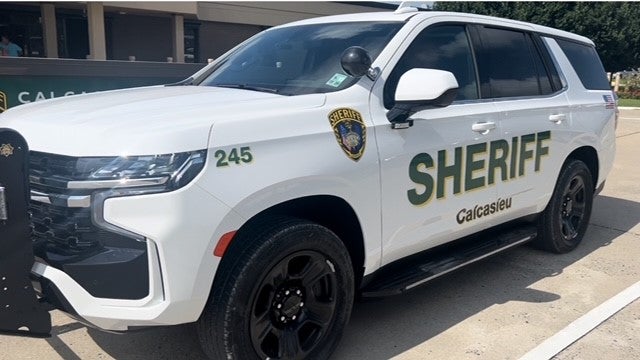Freeze restricts access to consumer credit report
Published 5:00 pm Sunday, October 29, 2017
<p class="p1"><strong>How do you freeze your credit?</strong></p><p class="p2">To freeze your credit, contact the three credit reporting agencies or visit the websites they’ve set aside for such requests:</p><p class="p3"><strong>Equifax</strong> — 800-349-9960; www.freeze.equifax.com.</p><p class="p3"><strong>Experian</strong> — 888‑397‑3742; www.experian.com/freeze.</p><p class="p3"><strong>TransUnion</strong> — 888-909-8872; https://freeze.transunion.com.</p><p class="p2">You’ll have to provide your name, address, Social Security number and other information, and be prepared to pay a fee. </p><p class="p2">“Also known as a security freeze, this tool lets you restrict access to your credit report, which in turn makes it more difficult for identity thieves to open new accounts in your name,” reads the website of the Federal Trade Commission.</p><p class="p2">“That’s because most creditors need to see your credit report before they approve a new account. If they can’t see your file, they may not extend the credit.”</p><p class="p2">What a credit freeze won’t do, according to the FTC:</p><p class="p3">It won’t affect your credit score.</p><p class="p3">It won’t stop you from receiving a free annual credit report.</p><p class="p3">It won’t “keep you from opening a new account, applying for a job, renting an apartment, or buying insurance. But if you’re doing any of these, you’ll need to lift the freeze temporarily, either for a specific time or for a specific party, say, a potential landlord or employer.”</p><p class="p3">It won’t “prevent a thief from making charges to your existing accounts. You still need to monitor all bank, credit card and insurance statements for fraudulent transactions.”</p><p class="p4">For more information, visit <a href="http://www.consumer.ftc.gov" target="_blank">www.consumer.ftc.gov</a>.</p><hr /><h3 class="p7">Late license renewal carries $15 fee</h3><p class="p1"><strong>If a person forgets to renew their driver’s license and goes to renew it after a few months, do they have to retake the driving test and is there a fine involved?</strong></p><p class="p2">The state allows for a grace period of 10 days after the expiration of the license. Those who manage to renew their licenses during that period pay no additional fee.</p><p class="p2">“The Office of Motor Vehicles assesses a $15 delinquent fee on any license expired for more than 10 days,” reads the OMV’s website.</p><p class="p2">“You can renew your license up to 180 days prior to the expiration. HOWEVER, if you let your license expire, you are subject to a traffic citation.”</p><p class="p2">Late renewers of licenses needn’t retake either the knowledge exam or the road skills test.</p><p class="p4">For more information, visit <a href="http://www.expresslane.org" target="_blank">www.expresslane.org</a>.</p><hr /><p class="p5"> </p><h5 class="p8">The Informer answers questions from readers each Sunday, Monday and Wednesday. It is researched and written by Andrew Perzo, an <em>American Press</em> staff writer. To ask a question, call 494-4098 and leave voice mail, or email informer@americanpress.com.</h5>





